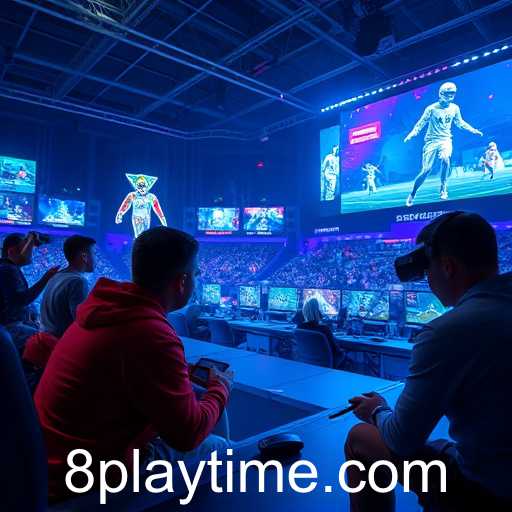As we navigate through 2025, playtime is no longer just a recreational activity but has become a significant cultural and economic phenomenon. With the advent of enhanced gaming technologies and platforms, the landscape of digital entertainment is rapidly evolving.
A notable trend is the substantial growth in virtual reality (VR) and augmented reality (AR) gaming experiences. Companies are investing heavily in these technologies to create more immersive and interactive environments. This evolution in gaming is expanding the definition of playtime, allowing players to enter worlds that were once only imaginable in science fiction.
The online gaming community continues to grow significantly. The year 2025 has seen unprecedented levels of collaboration and competition within these digital spaces. Gamers around the world are connecting via massive multiplayer online games (MMOs), using innovations in 5G and fiber-optic technologies to overcome previous connectivity barriers.
Economic factors are also shaping playtime trends. The global video game industry has surpassed the $200 billion mark, driven by a surge in demand as people seek new forms of engagement and entertainment. Partnerships between gaming companies and educational institutions are emerging, creating games that both entertain and educate.
Social dynamics are at play too. The rising recognition of eSports as a legitimate sporting activity is drawing in audiences at a scale comparable to traditional sports. This is further evidenced by the inclusion of eSports in international gaming events and its consideration for future Olympic inclusion.
Despite the exhilarating developments, challenges remain. Issues of accessibility, the need for sustainable gaming practices, and maintaining healthy online communities are more relevant than ever. Industry leaders, policymakers, and tech companies are in discussions on how to tackle these to ensure that playtime is safe and inclusive for everyone.
As the gaming industry continues to thrive, it is clear that playtime will remain a dynamic and integral part of our global culture, with influences reaching far beyond just entertainment.








